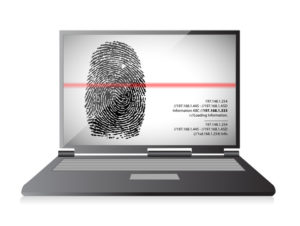How to tell if your Computer has a Virus
Your computer probably has a virus if you can answer “Yes” to any of the questions below:
Is your computer running quite slowly?
A virus often causes a computer to run slowly. But realize that this symptom can also mean that a computer needs more memory, or that the hard disk needs defragmenting. It can also mean spyware or adware is present.
Are programs automatically starting?
A virus may damage some programs. And in some cases programs might not start at all.
Are unexpected messages occurring?
A viral infection can make messages appear unexpectedly.
Does your Windows program suddenly shut down?
A virus can do this, too.
Is your hard disk or modem working overtime?
Ane-mail virus sends many duplicates of itself by e-mail. You can tell this might be happening if the activity light on your external modem or broadband is constantly lit. Another clue is that you can hear your computer’s hard disk constantly working.
These situations don’t always mean a virus, but they shouldn’t be ignored, especially if there are other problems occurring.
If you already have the latest version of a solid antivirus program, it should spot a virus that’s already in your computer and even a virus that’s about to be downloaded.
Antivirus software works best when it’s programmed to scan your computer at regularly timed intervals (this way you won’t have to remember to manually do it). The software should also automatically download updates to your computer for antivirus definitions.
A reputable antivirus software system should be able to detect a virus trying to get into your computer or one that’s already present. As viruses are always evolving, there may be an invader that your software does not yet recognize, but probably soon will, once an update occurs of a new virus definition.
When a reliable antivirus program spots a virus it will quarantine it. You’ll then be asked if you want to promptly delete it or set it aside. This is because there may be times when the antivirus software thinks that a legitimate program or file is a virus. You then get the opportunity to restore the program or file.
Robert Siciliano is an identity theft expert to TheBestCompanys.com discussing identity theft prevention. For Roberts FREE ebook text- SECURE Your@emailaddress -to 411247. Disclosures.


























